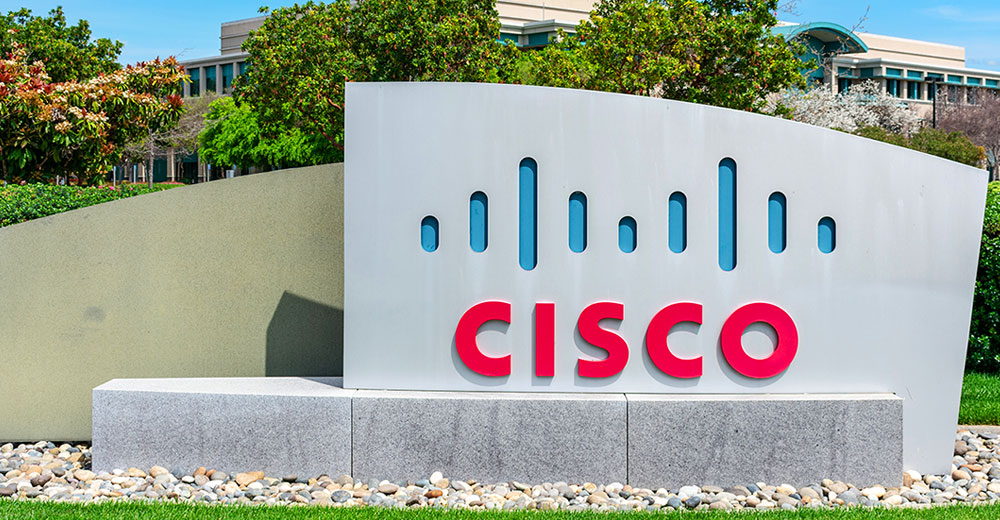
Intel announced its third-generation Atom mobile processor-based platform, code-named “Cedar Trail,” on Wednesday.
It consists of two dual-core mobile processors, the N2600 and N2800, and two others, the D2500 and D2700, that target entry-level desktop and other solutions.
The platform introduces new features such as Intel Wireless Music and Intel Wireless Display, which let users stream media to TVs and home speakers, respectively.
These features “are new to the netbook platform,” Intel spokesperson Mark Miller told TechNewsWorld. They “enhance online services such as Netflix for media or Pandora for music.”
Another new feature is Intel Smart Connect Technology, which automatically launches an Internet connection as soon as a user opens a netbook, and allows for automatic updates to email, Twitter and RSS feed, even while the netbook is in sleep mode.
The Cedar Trail platform is part of Intel’s drive into the mobile arena. However, there’s some uncertainty over the prospects for Cedar Trail devices, given that tablets are threatening netbooks.
“Netbooks are compact devices that deliver basic computing needs and access to the Internet at affordable prices,” said Miller. “Intel believes there is a strong market for these devices, and we are seeing their popularity increase globally in places such as Latin America, Southeast Asia and Eastern Europe.”
The Cedar Trail Platform
Cedar Trail processors have a dedicated media engine that enables full 1080p high-definition playback of videos and Blu-ray content. They include additional digital display and output options such as HDMI and DisplayPort.
The processors are integrated with an Intel Graphics Media Accelerator 3600 or 3650, and they have an integrated memory controller for improved graphics performance.
Because they are always on and always connected, the new processors “bring more of a smartphone-like experience where the consumer doesn’t have to wait for the device to find connectivity and refresh data,” Intel’s Miller said.
Cedar Trail processors offer up to 10 hours of battery life and weeks of standby. Power consumption has been reduced by up to 20 percent over the platform’s predecessor.
“Intel did two things — it improved battery life to around 10 hours, which is very presentable, and [built in support for] HD playback, which makes a netbook a usable solution if somebody is using it not just to do Web surfing and email but to play movies and stream Netflix,” Charles King, principal analyst at Pund-IT, pointed out.
The Cedar Trail processors support Windows, MeeGo and Tizen, an open source mobile operating system based on Linux.
No Threat to Security
The always-on, always-connected feature and automatic email, RSS feed and Twitter updates don’t increase threats to system security.
“Like any system that comes out of sleep, you can set it up to require a password,” King told TechNewsWorld. “I wouldn’t say that it couldn’t be cracked, but I haven’t heard of any instances where it has been.”
Success at Last?
The Cedar Trail platform has been dogged by reports that its launch was delayed twice this year — in September and then in November. Reasons for the delay ranged from driver incompatibility to Intel outsourcing the platform’s graphics processing unit (GPU).
“Kicking back the delivery date by a month and then by another month is not unheard of,” Pund-It’s King said, noting that “this becomes more of an issue when companies … delay chip launches by half a year or one year.”
Acer, Asus, HP, Lenovo, Samsung and Toshiba will unveil systems based on the Cedar Trail platform early next year.
An ASUS netbook powered by Cedar Trail was demoed at Computex in Tapei in June.
What About The Market?
There’s no doubt that the netbook market is in trouble. More than 13 million media tablets were shipped in Q2 2011 compared to just a little more than 7 million netbooks, ABI Research said. This is the first time media tablet shipments exceeded those of netbooks.
Don’t count out the netbooks just yet, though.
“The netbook market is certainly under siege, but there are some odd corners of the market that are still doing pretty well,” Pund-IT’s King remarked. “Education is an interesting spot.”
Netbooks and tablets will coexist and serve different market segments and different user needs, Intel’s Miller said, “spanning a wide range of system price points.”





















































